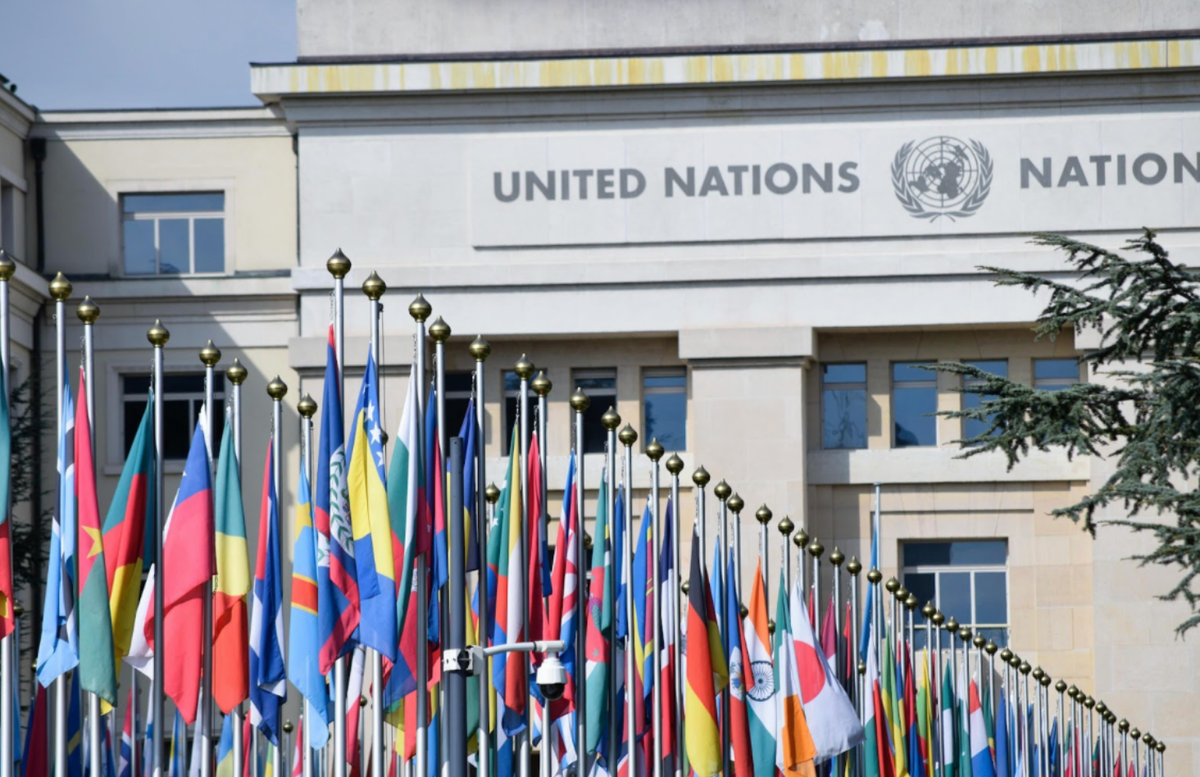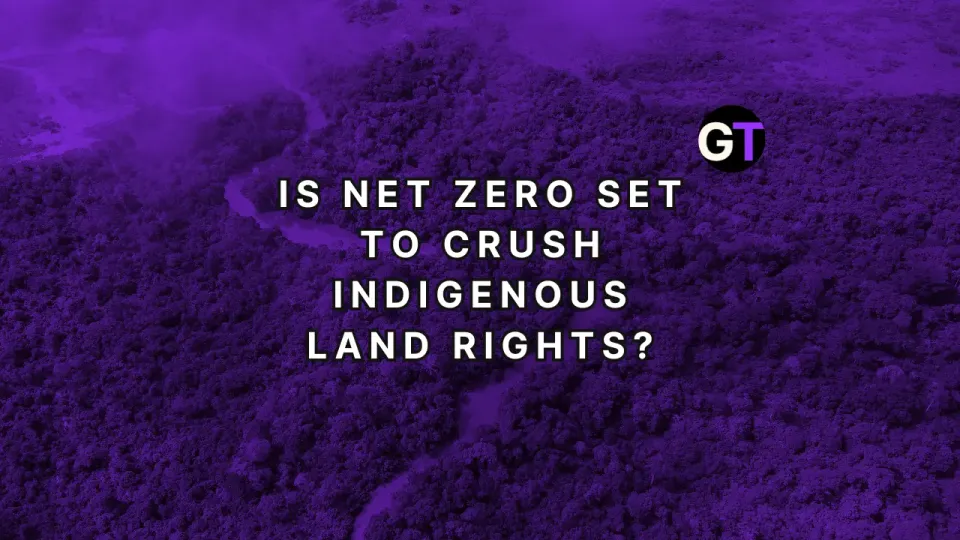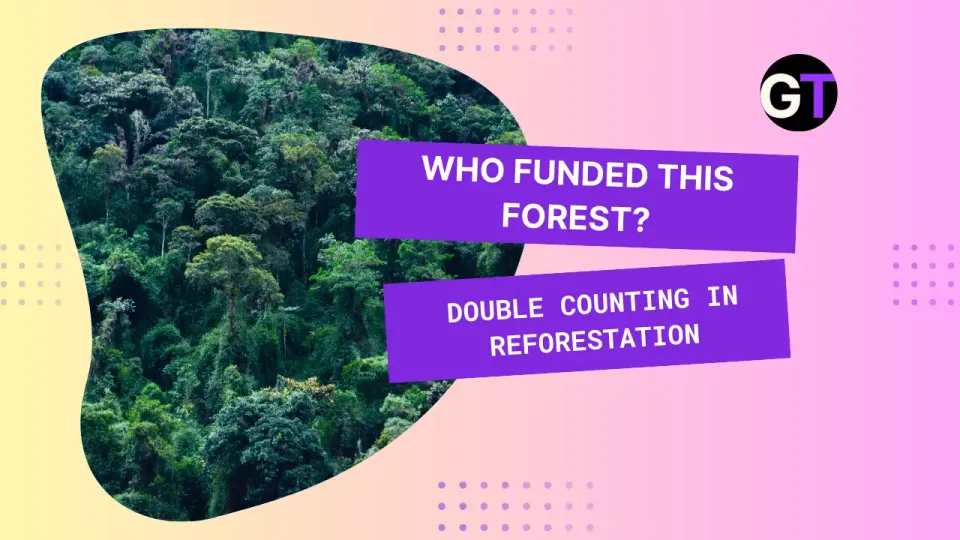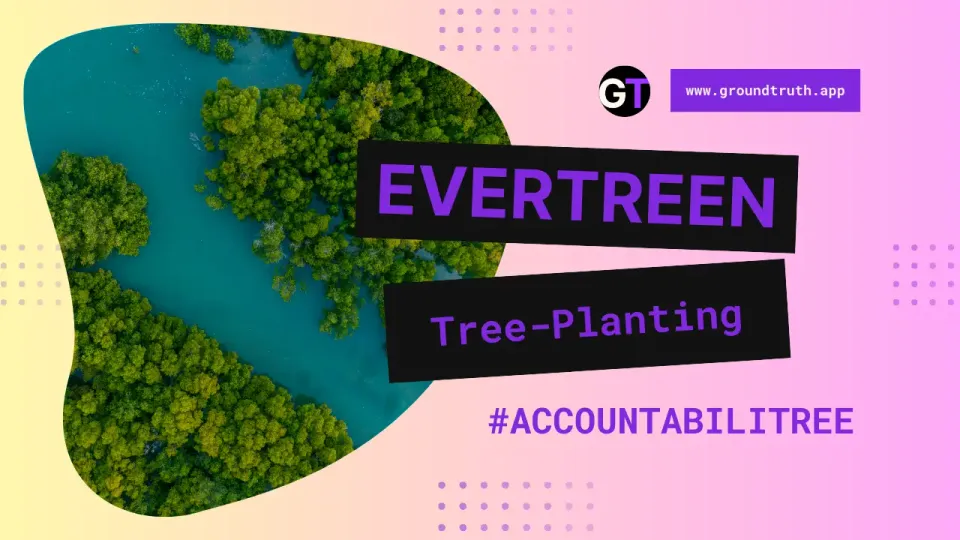UN: Transparent Forest Data Can Drive Climate Action 🌳
Transparent and accessible forest data is essential not only for monitoring progress but also for building trust among nations and ensuring that climate goals are met.

📈The Power of Open Data in the Fight Against Climate Change
Forests are at the heart of global climate action, acting as vital carbon sinks and biodiversity havens. Yet, to protect these precious ecosystems effectively, access to transparent, high-quality forest data is crucial. The Food and Agriculture Organization of the United Nations (FAO), in collaboration with key partners like the United Nations Development Programme (UNDP), has recognized this need and launched the "Building Global Capacity to Increase Transparency in the Forest Sector (CBIT-Forest)" project.
This initiative, funded by the Capacity-building Initiative for Transparency (CBIT) trust fund of the Global Environment Facility (GEF), aims to strengthen the institutional and technical capacities of developing countries to collect, analyze, and share forest-related data, ensuring they meet the transparency requirements of the Paris Agreement.
🌍 Why Forest Data Transparency Matters for Climate Goals
The Paris Agreement is built on the foundation of Nationally Determined Contributions (NDCs), where countries outline their plans to reduce greenhouse gas emissions. To track and report progress effectively, transparency in forest data is non-negotiable. Forests contribute significantly to climate change mitigation by absorbing carbon dioxide and helping ecosystems and communities adapt to climate variability.
Transparent and accessible forest data, supported by collaborative efforts from organizations like the FAO and UNDP, is essential not only for monitoring progress but also for building trust among nations and ensuring that climate goals are met.
What do you think? How can transparency in data sharing enhance global climate action?
📊 The Impact of the CBIT-Forest Project on Global Forest Monitoring
The CBIT-Forest project, launched at the end of 2019, has made significant strides in improving the transparency and accessibility of forest data. Here are some key highlights:
- Boosting Institutional Capacity: The project, supported by partners like the UNDP, scaled up knowledge exchanges and raised awareness about the importance of forest data. It engaged a global network of National Correspondents for the Global Forest Resources Assessment (FRA) from 187 countries, fostering collaboration and knowledge sharing.
- Increasing Technical Capacity: Countries were equipped with the tools and training needed to collect, analyze, and disseminate forest data effectively. This included developing open data platforms like the Global Forest Resources Assessment Platform, which allows users to visualize, download, and analyze forest data reported by individual countries.
- Enhancing Knowledge Sharing: The project promoted the free flow of information through virtual knowledge networks, even adapting to the challenges of the COVID-19 pandemic by shifting to virtual capacity-building efforts, which broadened access and participation.
💡 How Open Forest Data Can Help Achieve Climate Action Goals
The success of the CBIT-Forest project, with contributions from the UNDP, underscores the importance of open data for climate action. To further enhance the impact, the FAO recommends several strategies:
- Legal and Institutional Alignments: Countries should align on data-sharing agreements that meet international open data standards, ensuring that data is accessible while protecting sensitive information.
- Innovative Funding Mechanisms for Forest Monitoring: Sustainable funding models are needed to support the continuous collection and sharing of forest data, particularly in low-income countries.
- Capacity Building for Forest Data Transparency: Ongoing training and support for forest scientists and data analysts in developing countries are essential for maintaining and expanding open data initiatives.
📌 Your turn: What other strategies could improve global forest data transparency and support climate goals?
🔓 Open Data & Code: Collaborative Solutions for Climate Action
The CBIT-Forest project, supported by a coalition that includes the FAO and UNDP, has shown that open and transparent forest data can drive significant progress in climate action. By making data accessible to all, these organizations are fostering international collaboration and empowering countries to meet their climate commitments.
The Global Forest Resources Assessment Platform and the FAO's Food and Agriculture Microdata Catalogue are just two examples of how open data can be used to support evidence-based decision-making and enhance public trust.




